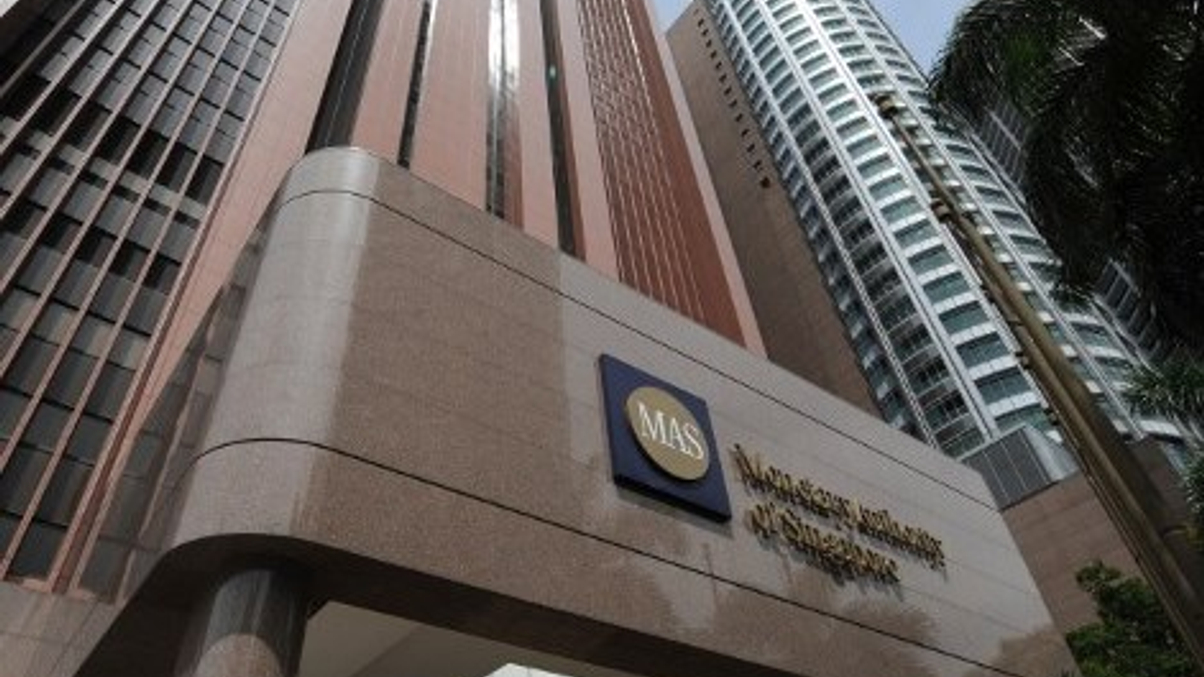MAS survey highlights Covid-19 and China among top downside market risks
Investors will take heart from predictions of strong growth for Singapore’s economy, but analysts observed that China's tech clampdown and the pandemic could still disrupt markets.

China's recent tightening of regulations on specific sectors weighed more heavily on analysts' minds in August, compared with two months ago, according to the Monetary Authority of Singapore (MAS)’s latest survey of professional forecasters, released Wednesday (September 1).
Sign in to read on!
Registered users get 2 free articles in 30 days.
Subscribers have full unlimited access to AsianInvestor
Not signed up? New users get 2 free articles per month, plus a 7-day unlimited free trial.
¬ Haymarket Media Limited. All rights reserved.


